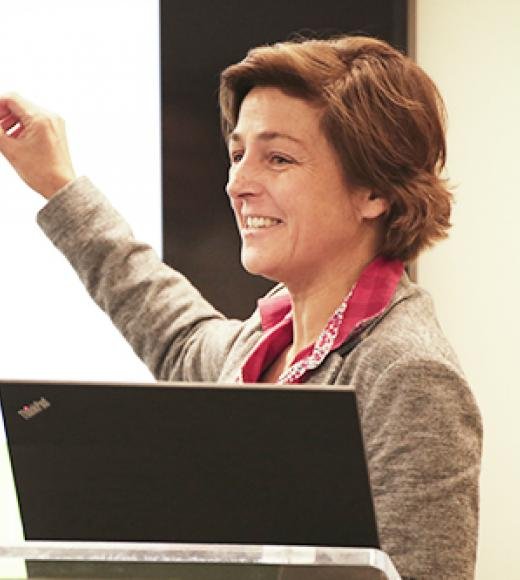Cash transfer programs are the prime example of a social innovation that has scaled rapidly across the globe. Such programs often have multiple objectives, from providing short-term safety nets to the long-term ambition of breaking the intergenerational transmission of poverty. A lot of empirical evidence has been accumulated on the short term goals. 25 years after the start of the first national programs in Mexico and Brazil, we can also start taking stock of the long-term objectives. This presentation will first discuss the methodological challenges for studying long-term returns, focusing on common pitfalls and potential solutions. It will then lay out a framework to consider the different pathways and mechanisms towards long-term returns to clarify the type of outcomes and contextual variables to measure both on the intermediate and long run. Given the complexity and multi-dimensionality of the theory-of-change for long-term impacts, we then draw lessons from different studies, following the framework. We first highlight the evidence on long-term returns to conditional cash transfers (CCTs) that operate through returns on investments in education and skills. A lot of this evidence draws on the first generation of CCTs in Latin America, but we also link to the emerging evidence from other regions. We then turn to evidence on unconditional cash transfers (UCTs), which is particularly prominent for Sub-Saharan Africa, focusing on a wider set of investments and behavioral changes with evidence on impacts years after the end of the transfers.
Karen Macours is a chaired professor at the Paris School of Economics (PSE), and senior researcher (directrice de recherche) at the French National Research Institute for Agriculture, Food and Environment (INRAE). Her research focuses on agricultural productivity and rural poverty reduction in developing countries, impact assessment related to agricultural R&D, the evaluation of programs addressing households' productive and human capital investments (early childhood, health, nutrition, education) and related measurement and methodological questions. She currently serves as the chair of the CGIAR's Standing Panel on Impact Assessment (SPIA), co-chair of the health sector and the Learning for All Initiative and board member of JPAL (Abdul Latif Jameel Poverty Action Lab), member of the board of directors of BREAD (Bureau for Research and Economic Analysis of Development) and the Feed the Future Innovation Lab for Market Risk and Resilience, and is an affiliate of CEPR (Center for Economic Policy Research) and EUDN (European Universities Development Network). She is co-editor of the Journal of Development Economics, and associate editor of the American Journal of Agricultural Economics, and co-organizer of the Virtual Development Economics Seminar Series: VDEV/CEPR/BREAD. She previously was associate professor of international economics at SAIS-Johns Hopkins University. She received her MS in Agricultural Engineering from the K.U. Leuven and her PhD in Agricultural and Resource Economics from the University of California at Berkeley.

